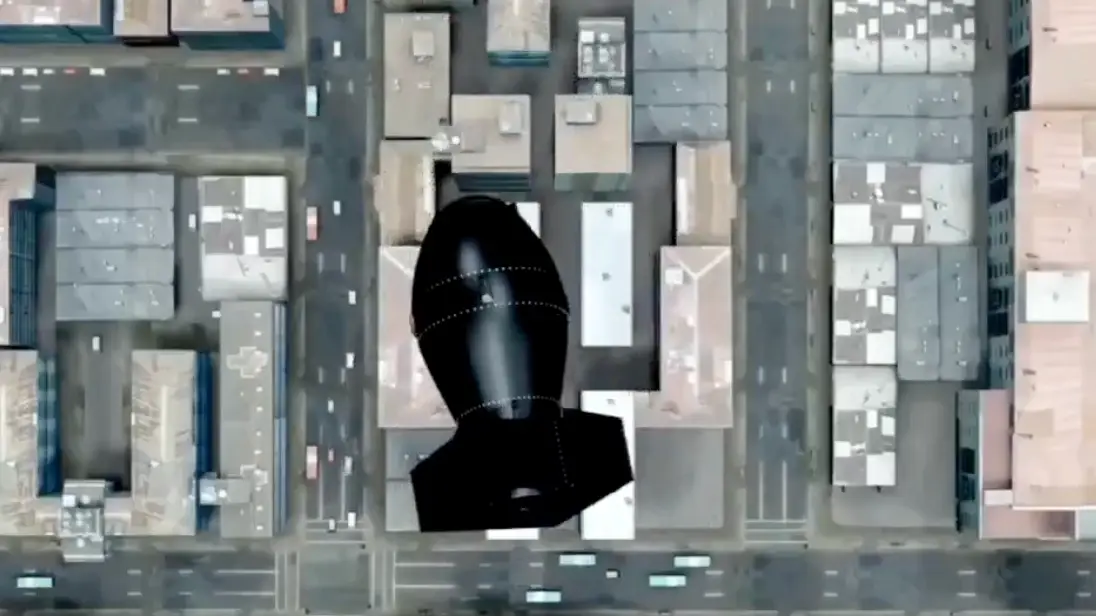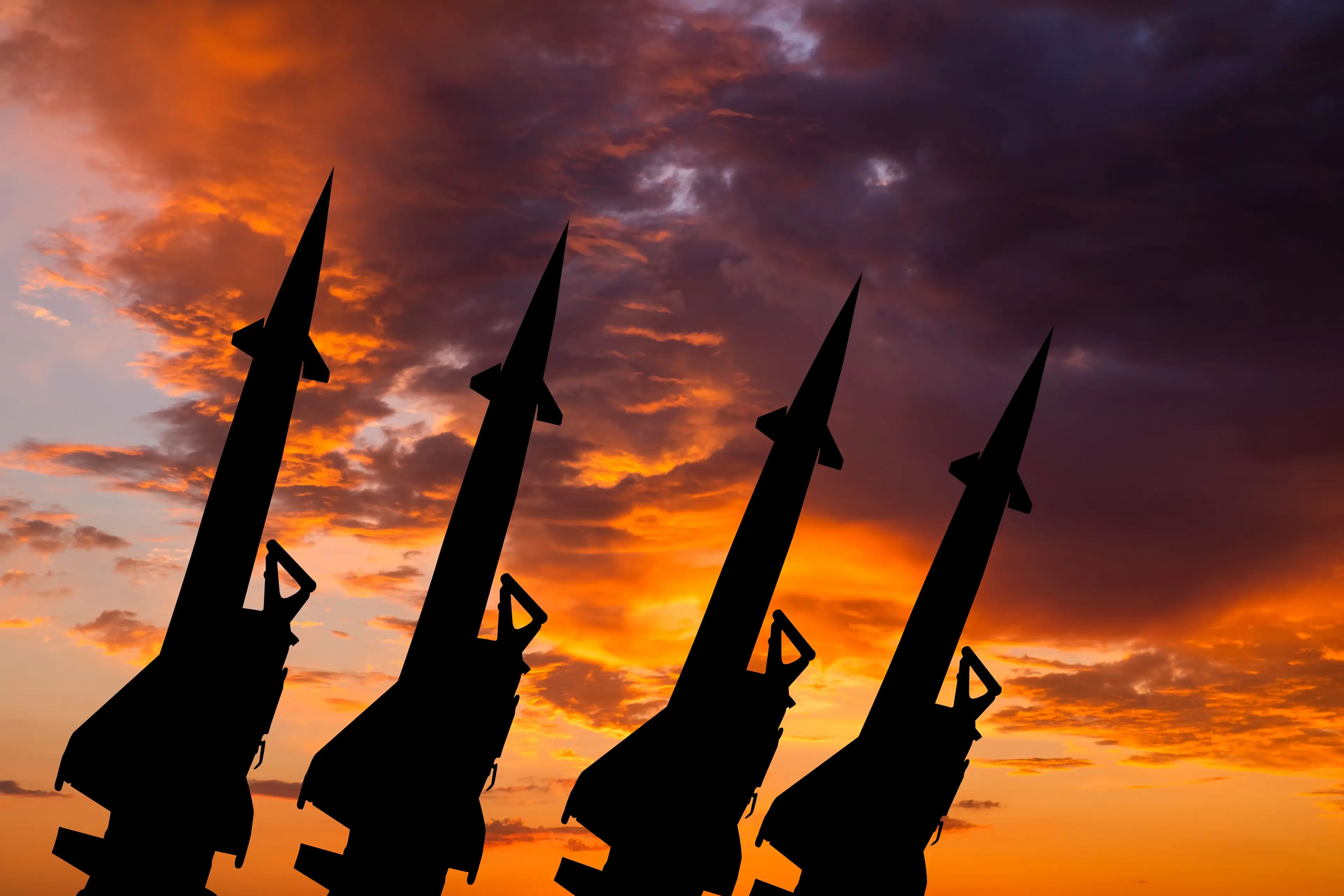
If you want to sleep well tonight, this probably isn't the video you want to be watching as the 'terrifying' simulation reveals how nuclear bombs work and could impact the US.
Millions around the world have been naturally concerned following the rising tensions between the United States, Iran and Israel.
The US revealed it had successfully launched missiles at three nuclear sites in Iran over the weekend, after Israel previously launched attacks on Iranian nuclear and military sites on June 13.
The action was taken following allegations Iran was working on nuclear weapons.
Advert
The US sent bombs over to destroy the nuclear locations, leading to President Trump warning Iran not to retaliate against the US and to try to come to an agreement.
The action has left many in fear of retaliation though, with Iran launching their own strikes against US air bases in Qatar and Iraq yesterday (June 23).

Now, a video showing the potential fallout in the US of a nuclear strike has got people worrying.
We've all heard about nuclear weapons, but how many of us know how they actually work?
An account on Twitter has broken down what actually happens after a nuclear weapon strike.
Elsewhere, Newsweek analyzed maps of where in the US would be impacted if a nuclear war were to happen.
The Scientific American shared a map focusing on missile silos in Colorado, Wyoming, Nebraska, Montana and North Dakota, and aimed to show where would be safest.
According to them, in order to attack a missile silo, 'one or two nuclear warheads' are needed, 'with explosive yields equivalent to 100,000 tons of TNT.'
They are required to be closed to the target and would result in 'gargantuan fireballs that will vaporize everything in their surroundings'.
Not only that, but they will also 'produce destructive shock waves' with the aim of 'wrecking the missiles in their launch tubes.'
According to Newsweek, the safest states would be: Maine, New Hampshire, Vermont, Massachusetts, Rhode Island, Connecticut, New York, New Jersey, Pennsylvania, Delaware, Maryland, District of Columbia, Virginia, West Virginia, North Carolina, South Carolina, Georgia, Florida, Alabama, Mississippi, Tennessee, Kentucky, Ohio, Indiana and Michigan.
They are all the furthest away from any potential strikes.

John Erath, the Senior Policy Director for the Center for Arms Control and Non-Proliferation, told Newsweek: "While those who live near military facilities, ICBM silos in the Midwest or submarine bases along the coasts might bear the most immediate and severe consequences of a nuclear attack, there's no question: ANY nuclear war or weapons detonation would be bad for everyone."
He also said nowhere is 'truly safe' from a nuclear fall out.
The main concern is contamination of food and water, as well as the prolonged exposure to radiation.
"Administrations of both parties have long understood nuclear weapons are only for defense and deterrence, not for starting a nuclear war," he insisted
He finished by saying: "We would all do well to remember former President Ronald Reagan's words," which he said were also recently repeated by former president Joe Biden. A nuclear war cannot be won and must never be fought."
Topics: Donald Trump, Politics, Iran, Israel